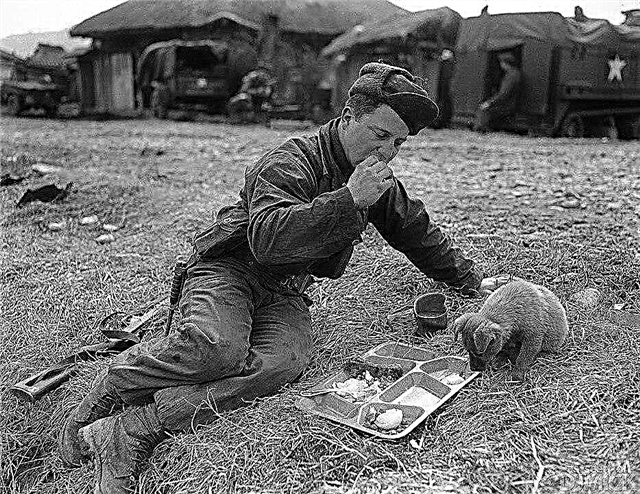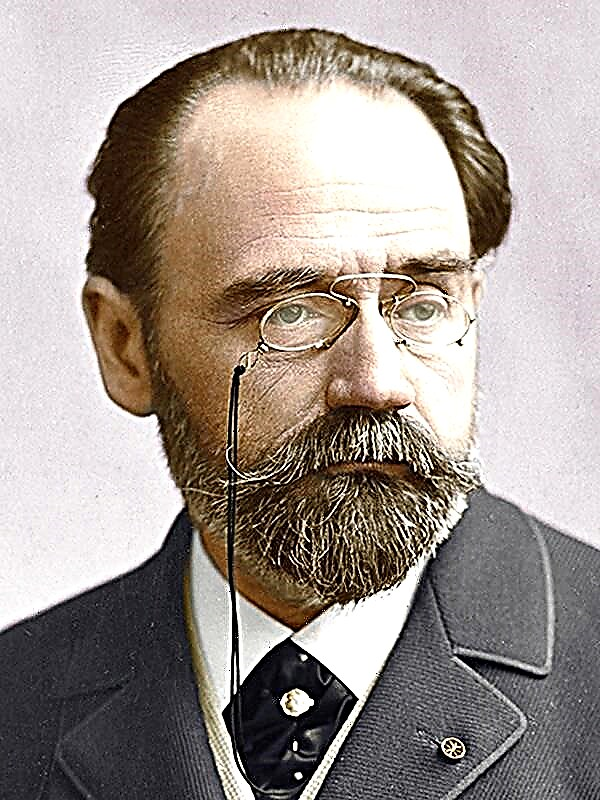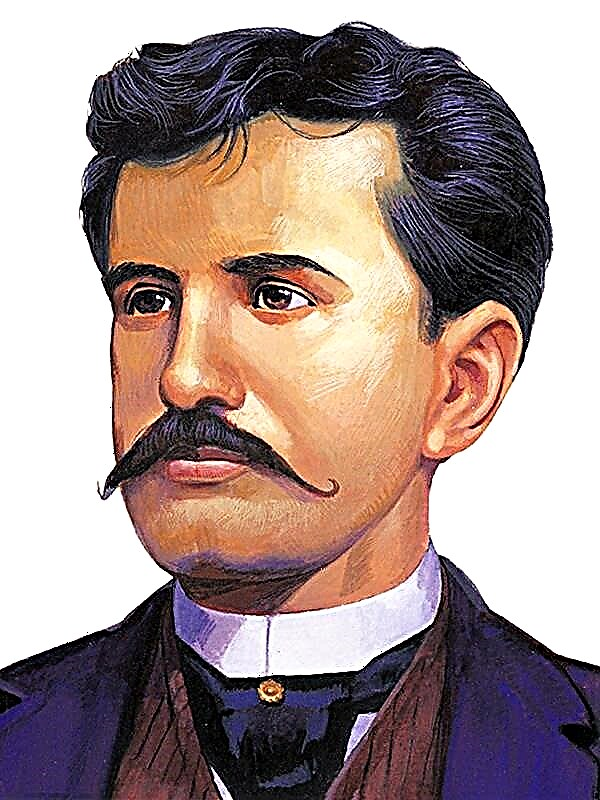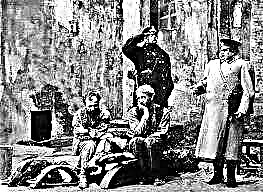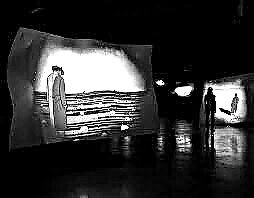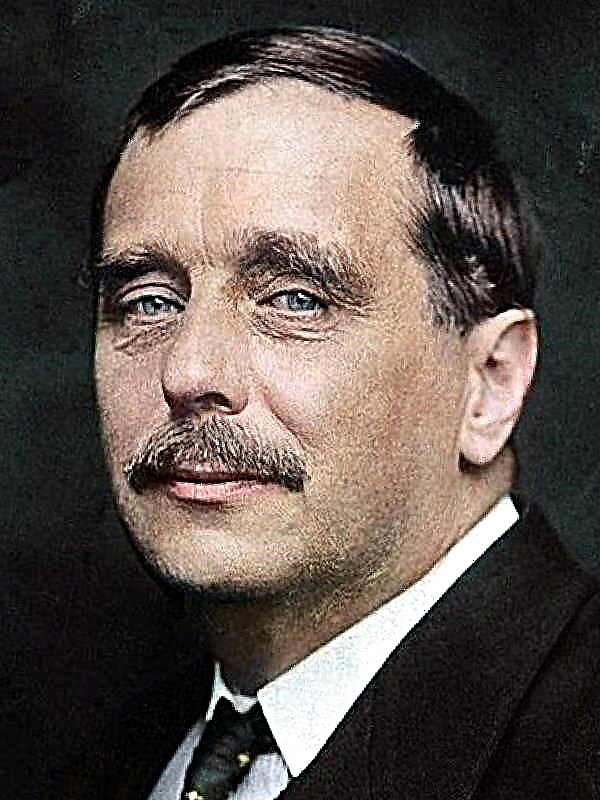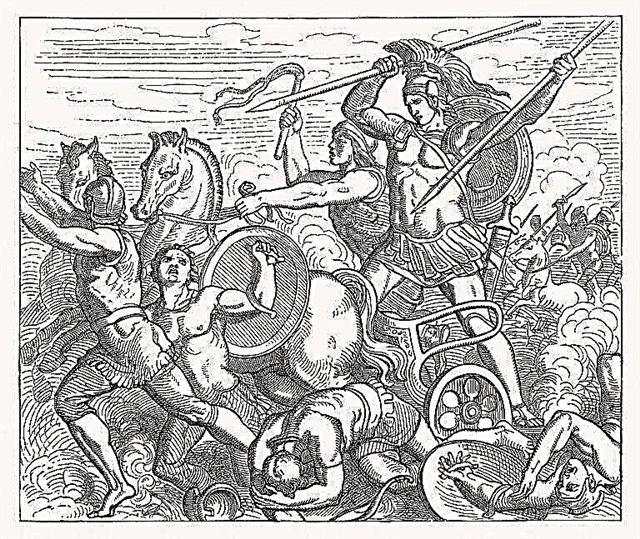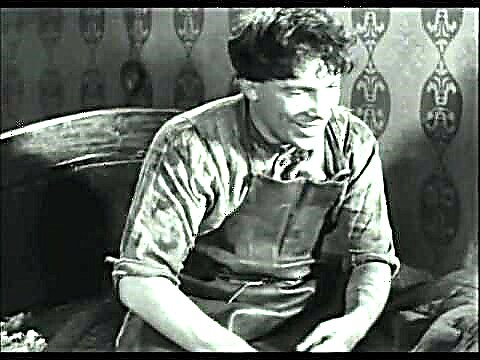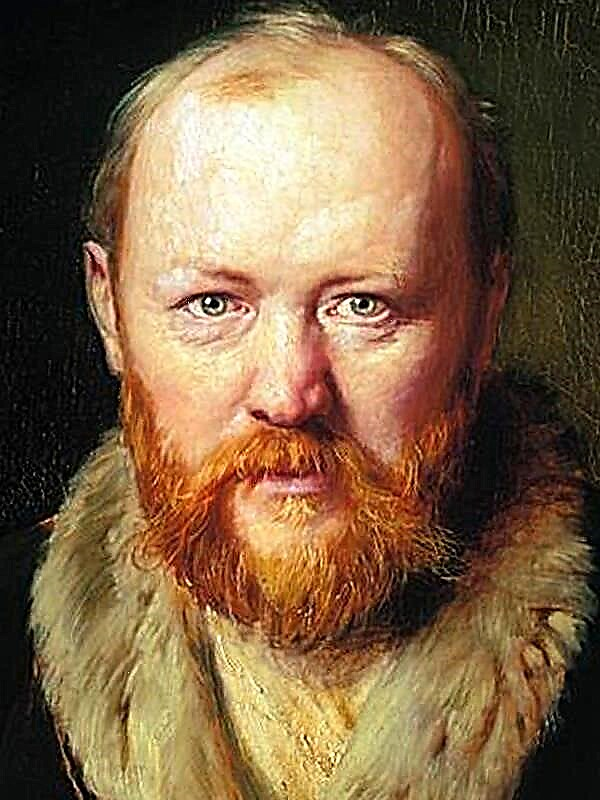Alexander Sergeevich Pushkin proved himself in many genres. He is known as the author of poems, poems, tragedies, tales, novels and, of course, novels. The native Russian genre of the poet and writer is endowed with a variety of themes and problems. Moreover, more than half of the stories were published on behalf of someone else, in a collection entitled "Tales of the late Ivan Petrovich Belkin." The first readers did not realize that Ivan Petrovich was just a fictional character. The writer left the rest of the work for himself and signed with his own name.
- "Shot". The mysterious retired hussar Silvio has been living for several years with a thirst for revenge on his enemy for boorish behavior in a duel. He is trying hard to save his life until the day of revenge. When he is given the opportunity to carry out his plan, the adversary turns out to be a married count, who now has something to lose. Silvio arranges a duel in the Count’s house. The meeting ends with a shot of a retired hussar through a graph shot through a hole in a picture on the wall.
- "Snowstorm." This is the latest in writing Belkin's Tale. In the spirit of sentimentalism, the author tells of the unpredictability of fate, which can add any turn of events to a person’s life every second. From a failed wedding to a chance meeting with a legitimate life partner you don't even know. The element - in this case, a blizzard - is rapidly changing the direction of the plot, and the reader does not immediately understand what exactly happened on the described winter night. And only in the end everything falls into place, but the feeling of surprise does not go away, but only doubles. Experienced readers can draw a parallel with Zhukovsky’s famous ballad Svetlana.
- "Undertaker". Near the house of the bride of Alexander Sergeyevich there was an undertaker of the undertaker Adrian, who became the prototype of the protagonist of the story, with which the writer began the creation of the collection. Here, dream and reality are intertwined. The reader observes typical characters, follows the narrative of familiar situations, and suddenly sees how the text is filled with the living dead, jokingly invited by the hero for a housewarming party. The cynical undertaker, watching dying people around him every day, rejoices that the death of the merchant Merchant Tryukhina and recent visions turned out to be fiction. Pushkin raises the problem of attitudes toward death, and also discusses what should happen to a person so that he begins to lead an honest lifestyle.
- "Station Warden." In one work, Pushkin combined the image of the “little man” and the parable of the prodigal son. Due to the low social status, it is difficult for a father to regain an escaped daughter. Contrary to the plot of the parable, to which the author often refers in the text, the heroine does not return home, but comes to the grave of her father, station supervisor Samson Vyrin. The saddest story of the cycle reflects the disunity of not only people of different classes, but also of the closest relatives.
- "The young lady-peasant." Some consider this work a parody of sentimental novels, others - a romantic love story. The main character falls in love with a peasant woman. Not afraid to lose his inheritance, he refuses his father when he finds his bride, and decides to run away with his beloved. But he does not know that the dear daughter of the blacksmith Akulin is the rich young lady Lisa, whom he must marry ... The hostility of two families, desperate love, adventures and inventions of a young girl - all this adds a distinctive ease of perception among other works of Pushkin.
- The Queen of Spades. The famous Russian poet and writer was a gambler. The marriage slightly tempered the ardor of Alexander Sergeyevich, but even after his death, he left the family card debts. The hero of the story “Queen of Spades” Hermann is trying hard to learn from the old countess the secret of a win-win combination of cards: “three, seven, ace”. Pushkin follows the so-called “Faustian plot”. The ghost of a dead old woman reveals to the hero the secret of success, but, out of a passion for money and vanity, Hermann loses and goes crazy, seeing on the third card, instead of an ace, the smiling woman - the old countess.
- Kirdjali. The narrator tells of the Bulgarian Kirdjali, the Moldavian robber. We do not know his real name: “kirdjali” in translation from Turkish means “knight, dodger”. Going to war, he is captured by the Russians, and then by the Turks. He faces the death penalty, but thanks to the words about the buried treasure, he breaks free, asking him to untie his hands to dig himself. On the run, he continues to rob, as before. For the story of the cunning robber, Pushkin took the real story as a basis. Initially, Alexander Sergeevich wanted to write a poem about Kirdzhali, but it remained unfinished. Then in his plans was the creation of a poem, but he settled on the genre of the story.
- "History of the village of Goryukhin." The author of the unfinished story of his own village is the landowner Ivan Petrovich Belkin. He describes the past of the settlement, owned by his ancestors, as if the chronology of the events of the whole country. The landowner writes about the "golden age" of Goryukhin, but with the advent of the clerk, the fun leaves the village, people get poorer. Drafts of the book preserved the plan of the work, in which there are fires, tyranny, illness and riots up to the mention of the father of the writer of history. Pushkin criticized serfdom, giving the story a rather unusual form of historical chronicle.
- Egyptian Nights. The unfinished novel presents two types of poets. One composes only in minutes of inspiration, the other can, after the announcement of a topic, immediately reproduce a poetic text with ease. An improviser from Italy is completely immersed in the mood of his poems, but at the same time remains an ordinary person, thinking about the price that must be set for attending his performance. The theme of creativity is intertwined with the motif of the story of Cleopatra's lovers who were ready to die in order to spend the night with the queen. It is noteworthy that the poems about Cleopatra, voiced by the improviser from the stage, Pushkin wrote separately. The manuscript of the story ended with the words "Improvisation has begun."

